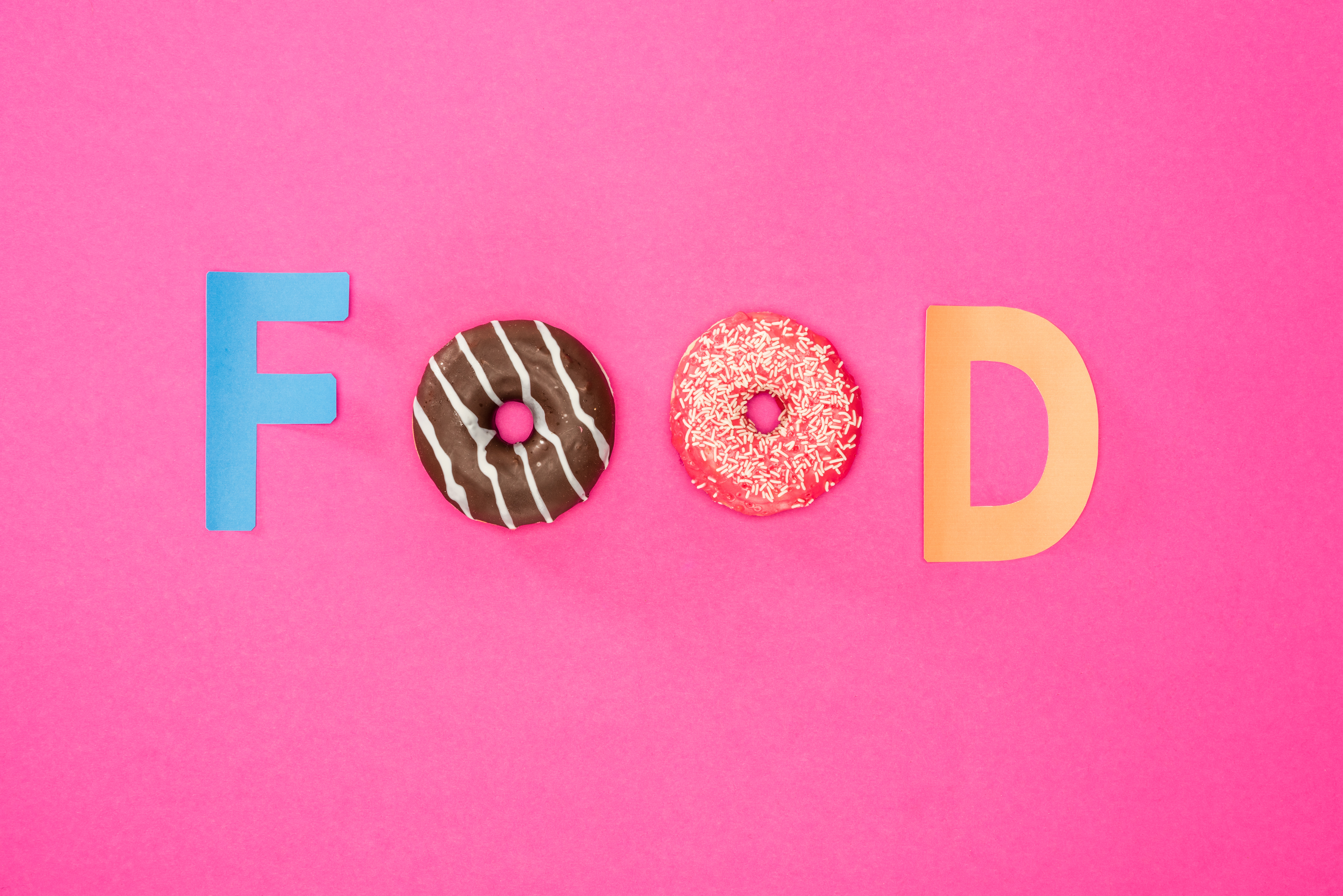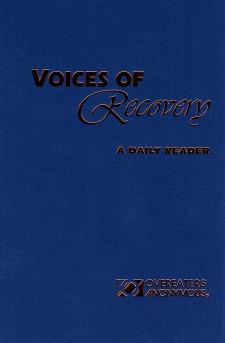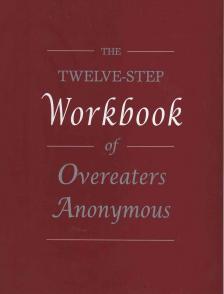
Food addiction refers to compulsive overeaters who engage in frequent episodes of uncontrolled eating (binge eating). The term binge eating means eating an unhealthy amount of food while feeling that one’s sense of control has been lost. Dealing with stress and anxiety can affect you in numerous ways, including your eating habits. If you find yourself reaching for food when you’re feeling anxious or stressed, you might have an emotional eating problem or food addiction. Knowing how your feelings can lead to this type of eating problem and what to do about it can help you work on overcoming it and building healthier dietary habits.
 Voices of Recovery OA: A Daily Reader | My 12 Step Store
Voices of Recovery OA: A Daily Reader | My 12 Step Store
Get the strength and hope you need during recovery with the help of Voices of Recovery. This book contains inspirational quotes from OA literature.
How Emotional Eating Occurs
How do you know if you’re eating to soothe nervous or anxious feelings? Engaging in emotional eating means that you experience a strong urge to have something to eat when you’re under stress or upset.
This urge to eat can cause you to eat foods that you know are unhealthy for you, and you’re likely to have trouble controlling how much of those foods you eat. Consuming “highly palatable” foods, or foods that are high in carbohydrates, fat, salt, sugar, or artificial sweeteners, triggers the pleasure centers of the brain and releases “feel-good” chemicals such as dopamine and serotonin. Having these foods or too much food to cope with stress can leave you with feelings of guilt or helplessness when it comes to eating. This can then trigger more emotional eating episodes.
 Food for Thought Daily Meditations for Overeaters | My 12 Step Store
Food for Thought Daily Meditations for Overeaters | My 12 Step Store
Turn to these daily reflections for simple, inspiring wisdom about creating and maintaining inner peace. Written without Twelve Step program language, these meditations are reminders for us to give our full attention to today, listen more closely, understand that pain is inevitable but suffering is optional, and that there is something to learn from each experience.
Signs of a Food Addiction
How can you tell if you have a problem with emotional eating? This type of eating usually causes a sudden urge to eat instead of gradual hunger. Emotional eating also leaves you feeling guilty or ashamed of your actions, and you’re more likely to engage in mindless eating. You might crave certain foods, such as sugary foods, that you find comforting even if you know they aren’t good for you. These are some common signs that you have some type of food addiction: food cravings despite feeling full, eating until really stuffed, feeling guilty but doing it again soon., hiding eating from others, unable to quit despite physical problems.
 Overeaters Anonymous Online | 12 Step Workbook | My 12 Step Store
Overeaters Anonymous Online | 12 Step Workbook | My 12 Step Store
This companion to the basic text of Overeaters Anonymous asks thought-provoking questions and provides space in which to write out answers. By gently posing questions we might not have considered, this OA 12 step workbook helps us explore the subtle ways compulsive overeating has affected our life, relationships, and well-being.
What to Do About Emotional Eating
What can you do if you have this kind of eating problem? Knowing what triggers these eating episodes is an important part of overcoming this kind of addiction. Keep in mind that emotional eating can occur due to stress or boredom or as a way to cope with unpleasant feelings. You can also develop this problem from childhood habits or social influences. Recognizing what your triggers are can help you become more mindful about avoiding emotional eating. Learning how to replace this type of eating with healthier ways to deal with your feelings is a crucial part of the recovery process. You can also work on pausing when you feel the urge to eat instead of reaching for food right away. Food addiction is a problem that rarely resolves on its own. Unless a conscious decision to deal with it is made, chances are it will worsen over time. The first steps to overcoming the addiction as mentioned above include listing the pros and cons of quitting trigger foods, finding healthy food alternatives, and setting a fixed date to start the journey toward health. Consider seeking help from a health professional or free support group. Always remember that you’re not alone.
More than 70 stories of spiritual discovery compiled from Lifeline magazine. Explores such topics as the search for a Higher Power, spiritual experiences before and during the program, tools for spiritual growth and the perspective of agnostics and atheists.
If you’re looking for more information on recovering from a food addiction, please visit My 12 Step Store

 Seeking the Spiritual Path
Seeking the Spiritual Path